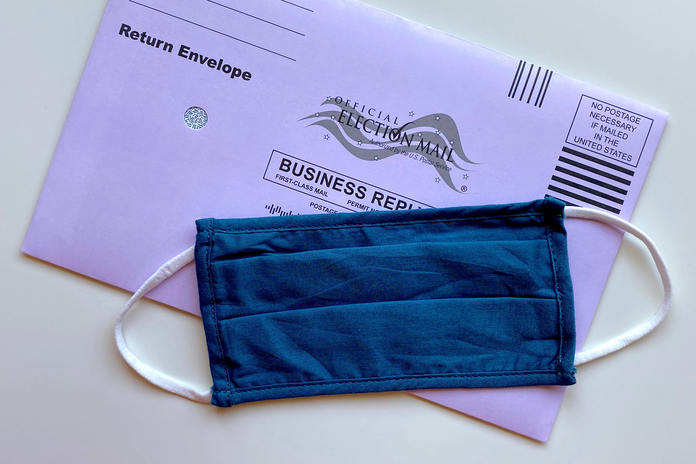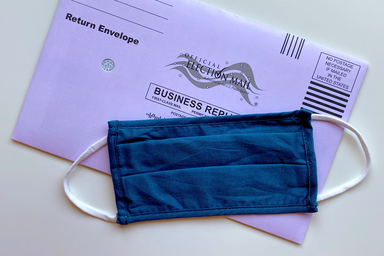Just in case you missed it or were disheartened by the extremely chaotic first debate, here is a quick recap of the presidential debate on Thursday, October 22nd. While labeled the third presidential debate, as three debates are traditionally held every election cycle headlining the two major parties’ nominees, the second presidential debate never actually occurred.
The Commission on Presidential Debates broke from tradition in 2020, ultimately canceling the debate upon President Trump and other White House officials testing positive for COVID-19. Once Trump contracted the virus, the commission announced that the second debate would take place virtually, with the presidential nominees participating remotely and safely. The Biden campaign agreed to this virtual format while the Trump campaign declined, President Trump himself asserting “I’m not going to waste my time on a virtual debate” (CNBC).
Instead of a debate, each nominee held their own ‘town halls’ on October 15th, competing for viewership at the eight o’clock time slot. These separate question-and-answer sessions were largely disadvantageous to undecided voters, who had to spend their night with their hands glued to remote and eyes glued to the TV, rapidly switching the channel at an opportune time.
The most recent debate was certainly less irregular than the first. The nature of the candidates’ responses was slightly more subdued, as the candidates’ mics were muted during their opponent’s initial responses, in an attempt to prevent an overabundance of interruptions. With voters now actually able to hear what each candidate had to say, they listened as Trump optimistically promised a vaccine for COVID-19 within weeks, while Biden presented the harsh reality of a “dark winter” with no immediate relief from this virus (CNN).
The issue of racism in the United States was also a key topic. The moderator asked each candidate a question about the “talk,” inquiring about their respective understandings as to why Black parents feel it is vital to give their children strict instructions as to how to handle encounters with law enforcement. Leaving this question unanswered, Trump responded that he was the least racist person in the room and insisted that he has done more for the African American community than any president since Abraham Lincoln. Biden also left the question unanswered, using his two minutes to convince the general public that Donald Trump is actually one of the most racist presidents in American history. The candidates also sparred over their personal finances, healthcare, and a national minimum wage. Lastly, the oil industry remained another hot topic. Biden claimed he would gradually transition the country to cleaner forms of energy due to the amount that the oil industry pollutes. Trump labeled Biden’s statements as his promise to destroy the oil industry, appealing to his base in production-heavy states.
With only a week left until the election, it remains in question whether this debate significantly influenced any voter’s decision. These considerations are especially relevant to this election consisting predominantly of mail-in ballots, a manner of voting most states require to be completed well in advance of election day. The president and former vice president may have strapped on their punching mitts to strike significant blows during these debates, but the ultimate champion has yet to be declared.
Sources:
https://www.cnn.com/2020/10/09/politics/second-presidential-debate-canceled/index.html
https://www.cnn.com/2020/10/23/politics/takeaways-final-biden-trump-debate/index.html



